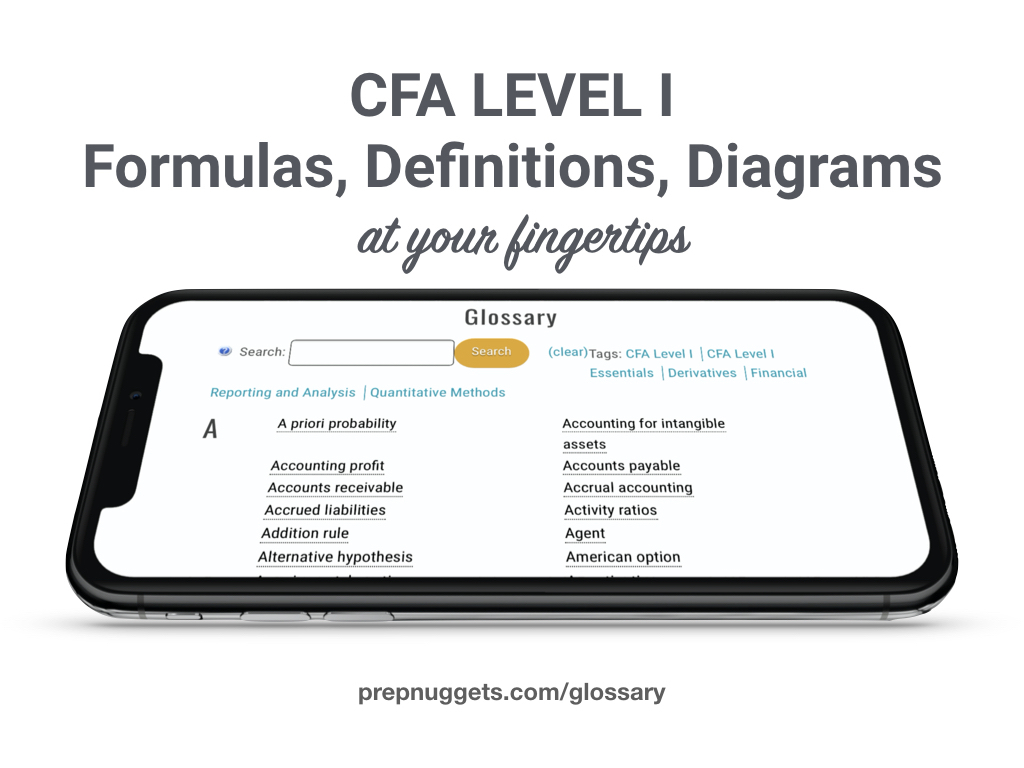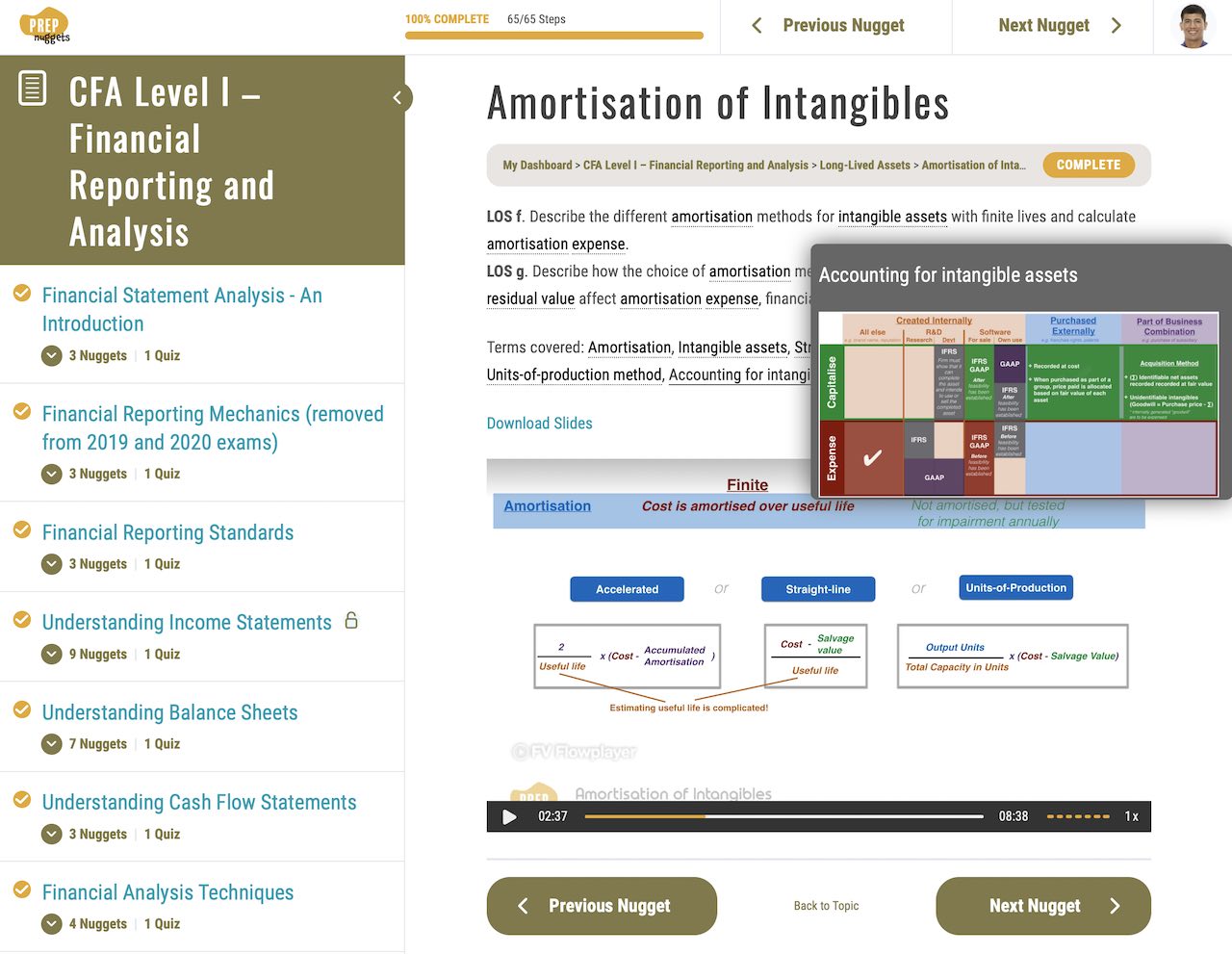Investing in Non-Domestic Equity Securities | CFA Level I Equity Investments
Let’s dive into the world of non-domestic equity securities and explore some of their peculiarities.
Market Integration and Barriers
When capital flows freely across borders, markets are said to be integrated. Technological innovations and the growth of electronic exchanges have accelerated the integration and growth of global financial markets. However, barriers to global capital flows still exist. Reasons for these barriers include:
- Limiting foreign control on domestic companies
- Reducing volatility of capital flows into and out of domestic equity markets
- Requiring domestic ownership in foreign companies
Studies have shown that reducing barriers improves equity market performance, and companies are increasingly turning to foreign investors for capital.
Investing in Non-Domestic Equities: Direct and Indirect Methods
Investing in non-domestic equities can be done directly by buying and selling securities in foreign markets or indirectly through various instruments.

Depository Receipts (DR)
Depository receipts (DR) represent ownership in a foreign firm, traded like ordinary shares in local markets, in local market currencies. There are two types of DRs:
- Sponsored DR: foreign firm is involved with the issue of the receipts
- Unsponsored DR: foreign firm has no involvement in the issuance

Global Depository Receipts (GDR)

Global depository receipts (GDRs) are issued outside the United States and the issuer’s home country, usually traded on the London or Luxembourg exchanges, and often denominated in U.S. dollars.
American Depository Receipts (ADR)

American depository receipts (ADRs) are denominated in U.S. dollars and trade in the United States. There are 4 kinds of ADRs:

- Level 1: trade in the over-the-counter market and are not listed on any exchange
- Level 2: listed securities that trade in the US markets
- Level 3: listed securities that can raise capital in the US market through public offerings
- Rule 144A: private equity securities that do not require SEC registration
Basket of Listed Depository Receipts (BLDR)
A basket of listed depository receipts (BLDR) is a portfolio of depository receipts securitized as an exchange-traded fund (ETF).
Global Registered Shares

Global registered shares are common shares issued by the same company and traded on different stock exchanges in different currencies.
And that concludes this lesson on non-domestic equity. Up next, we’ll examine the risk and return characteristics of equity securities.
✨ Visual Learning Unleashed! ✨ [Premium]
Elevate your learning with our captivating animation video—exclusive to Premium members! Watch this lesson in much more detail with vivid visuals that enhance understanding and make lessons truly come alive. 🎬
Unlock the power of visual learning—upgrade to Premium and click the link NOW! 🌟









